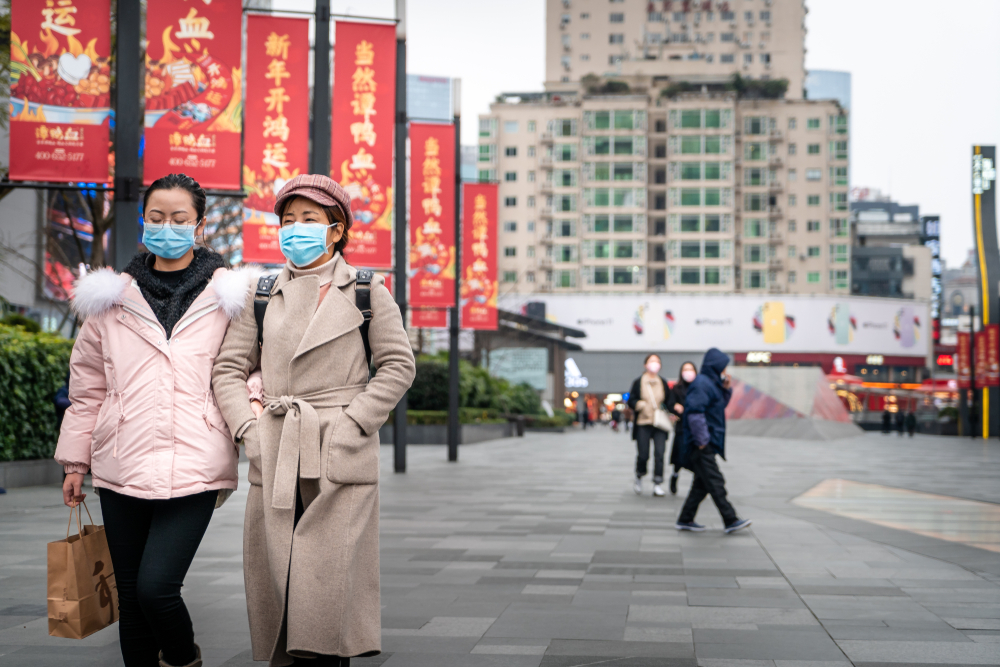BEIJING: China stocks rebounded sharply from two-year lows on Wednesday, buoyed by hopes that the country would prioritize economic growth and fine-tune its draconian anti-virus policies.
The blue-chip CSI300 index jumped 2.9 percent to 3,895.54, after touching its lowest since April 2020 in morning trade.
The Shanghai Composite Index gained 2.5 percent to 2,958.28.
China lockdowns raise earnings risk for chip firms and automakers
Industrial firms including GE, chipmakers such SK Hynix and automaker Mercedes Benz warned that China’s strict COVID-19 curbs were intensifying supply chain disruptions, and raising uncertainty about the business outlook.
China’s “zero Covid” policy to combat the omicron variant has brought fresh lockdowns, forcing factories to shut and worsening a global supply chain logjam.
More than 40 cities are in total or partial lockdown, and Shanghai, the country’s financial capital, has been isolated for over a month.
That has cast a pall over financial markets worried about a hit to the world economy that is only just recovering from the pandemic-led slump.
And even as companies scramble to keep up with soaring costs of everything from labor to raw materials, the Russian invasion of Ukraine and related Western sanctions have driven up energy prices.
“Collectively, supply chain issues, the Russia-Ukraine war and China COVID impacts adversely affected revenue in the quarter by about 6 percentage points,” General Electric CEO Larry Culp said on Tuesday.
Berlin stops Chinese firm from buying German medical device maker
The German government has stopped a Chinese company from purchasing a German medical device manufacturer, citing public safety concerns, German daily Handelsblatt reported Wednesday.
Beijing-based Aeonmed Group, which also makes medical devices, is prevented from purchasing Heyer Medical AG based on a government assessment that there were dangers to public safety, said Handelsblatt, citing German government sources.
The ban would go to the cabinet on Wednesday, it added.
In 2020, Germany tightened rules to protect domestic firms from unwanted takeovers by investors from non-European Union countries, concerned about increased investment in critical sectors by Chinese enterprises.
The pandemic had shown the German government that it was important for the country to maintain its own producers, Handelsblatt cited government sources as saying.
Aeonmed Group had already formally completed the takeover in March 2020, but now it is no longer valid, said Handelsblatt.
(With inputs from Reuters)

